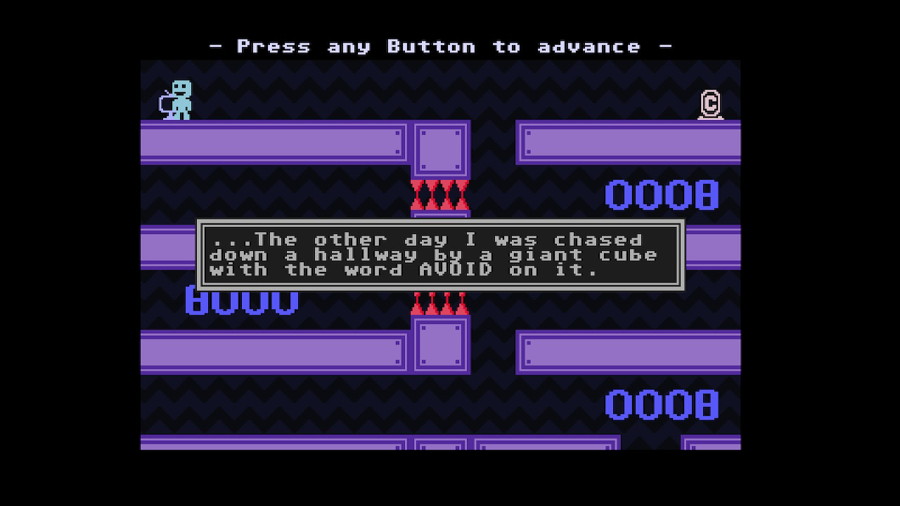Gates had a big one. In 1969, when he was in eighth grade-when very few schools had any kind of computer system-his school bought an early machine along with blocks of processing time. Gates Corporation Design IQ 3's primary file takes around 1.02 MB (1065984 bytes) and its name is Design IQ 3.exe. The following executables are contained in Gates Corporation Design IQ 3. They take 1.02 MB (1065984 bytes) on disk. Design IQ 3.exe (1.02 MB).
WHAT IS IT?
The Frontier Set is a select group of colleges and universities, state systems, and supporting organizations committed to dramatically increasing student success and erasing success gaps by race and income by transforming how they operate.
They will work toward these ends over the next several years by:
- Implementing and integrating policies and practices associated with significantly increasing student success. These include improved planning and student advising, increased use of digital learning approaches and tools to address student needs, and redesigned remedial education that represents a way up rather than a way out for students.
- Strengthening institutions’ ability to implement and sustain change. Experience shows that several factors make a real difference in whether and how change happens. These include leadership, strategic finance, technology infrastructure, data analysis for decision making, and state/federal policy.
- Sharing progress, insights, and lessons learned inside and outside the Frontier Set to accelerate learning and change. Progress within the Frontier Set will draw interest from outside the Frontier Set, which will benefit even more students. The emphasis will be on sharing practical and actionable knowledge focusing not only on the “what” of change but also the “how.”
The name “Frontier Set” was chosen to reflect participating sites’ desire to maximize productivity to benefit students and their willingness to explore new and untested approaches toward that end. Additionally, the name acknowledges that these institutions and systems are leaders and work within important larger networks.
Gates Design Iq
WHO IS INVOLVED?
The Frontier Set is made up of 29 colleges and universities and two state systems from across the nation that represent a diverse cross-section of higher education. They are supported by a group of organizations that provide coaching, evaluation, and packaging and sharing of insights and lessons learned. (See page 3 for a full site/partner listing.)
The work of the Frontier Set is supported through grants from the Bill & Melinda Gates Foundation.
WHY DOES IT EXIST?
The nation faces an urgent need for more individuals to have some form of education after high school. Virtually all the new post-recession jobs have required at least some post-high school education, and data suggest that current completion rates will lead to shortfalls in the number of educated workers. As such, there is growing pressure for colleges and universities to increase student success and eliminate success gaps against a backdrop of resource constraints.
Through the Frontier Set, we will support our partners in accelerating their progress, documenting and demonstrating how institutions can change, focusing the attention of the field, and showing what is possible. The campuses and systems participating in the Frontier Set were selected for their demonstrated ability to improve student outcomes through innovation, as well as for their commitment to continued improvement, transparency about their efforts, and shared learning with other institutions.
HOW DOES IT WORK?
Frontier Set campuses and systems are working simultaneously on two fronts:

Internal: Continue implementation and integration of student success strategies, as well as efforts to strengthen capacity for change, all toward the goals of further improvement in student outcomes and progress toward eliminating racial/ethnic and socioeconomic gaps in attainment.
External: Synthesize, share, and exchange progress and insights with institutions inside and outside the Frontier Set, making course corrections based on that information as necessary and appropriate.

Supporting organizations fill several key roles in the effort, including:
Network Administrator (VentureWell) – Responsible for the overall functioning and coordination of the Frontier Set members. This includes work of a connector to identify areas of mutual interest/concern, and to facilitate learning opportunities especially across institutional types and contexts that would not normally interact.
Intermediaries (American Association of State Colleges and Universities, Aspen Institute, Association of Public and Land-Grant Universities – Coalition of Urban Serving Universities, Historically Black Colleges and Universities (HBCU) site manager, State Systems site manager, and University Innovation Alliance) – Facilitate learning and progress among and across constituent members.
Data Partner (National Student Clearinghouse) – Gathers and aggregates progress data on key performance indicators to advance both intra-institutional and cross-institutional learning.
Evaluator (American Institutes for Research) – Synthesizes learning and surfaces insights from member sites and feeds learning back to members.
Gates Design Iq Download
Opportunity Fund Administrator (Rockefeller Philanthropy Advisors) – Administers flexible, on-demand funding to support and learn from sites in their transformation efforts.
WHAT ARE THE GOALS?
The Frontier Set is working toward two interconnected goals:
- Improve student outcomes and continue progress toward closing success gaps at member campuses and systems.
- Share insights and resources with additional campuses and systems to set new standards and transform how institutions operate.

WHO CAN I CONTACT?
For more information about the Frontier Set, contact: InstitutionalPartners@GatesFoundation.org
FRONTIER SET MEMBERS
- Arizona State University
- Claflin University (SC)
- CUNY-College of Staten Island (NY)
- Columbia Basin College (WA)
- Davidson County Community College (NC)
- Delaware State University
- Fayetteville State University (NC)
- Florida International University
- Georgia State University
- Guilford Technical Community College (NC)
- Indian River State College (FL)
- Jackson State University (MS)
- Johnson C. Smith University (NC)
- Lorain County Community College (OH)
- Miami Dade College (FL)
- Morehouse College (GA)
- New Jersey City University
- Northeast Wisconsin Technical College
- Northern Arizona University
- Portland State University (OR)
- Sam Houston State University (TX)
- San Jacinto College (TX)
- Santa Fe College (FL)
- Sinclair Community College (OH)
- Tennessee Board of Regents
- University of Central Florida
- University of North Carolina-Greensboro
- University System of Georgia
- University of Texas Rio Grande Valley
- Wake Technical Community College (NC)
- William Rainey Harper College (IL)
SUPPORTING ORGANIZATIONS
- American Association of State Colleges and Universities (AASCU)
- American Institutes for Research (AIR)
- Aspen Institute
- Association of Public and Land-Grant Universities (APLU) – Coalition of Urban Serving Universities
- National Student Clearinghouse
- VentureWell
- University Innovation Alliance (UIA)
“How can I make it better, smarter, safer, or more efficient?” If any of these concerns drive you to take your designs to the next level, you’ve come to the right place. Gates Design Center was created to provide engineers like you with access to industry-leading design tools to turn your project vision into reality. Here you can:
- Download white papers
- Get free design software and apps
- Read case studies, and
- Get expert advice from a Gates engineer for tips on enhancing your designs.
Let’s work together to turn thoughts into things and ideas into innovations.
